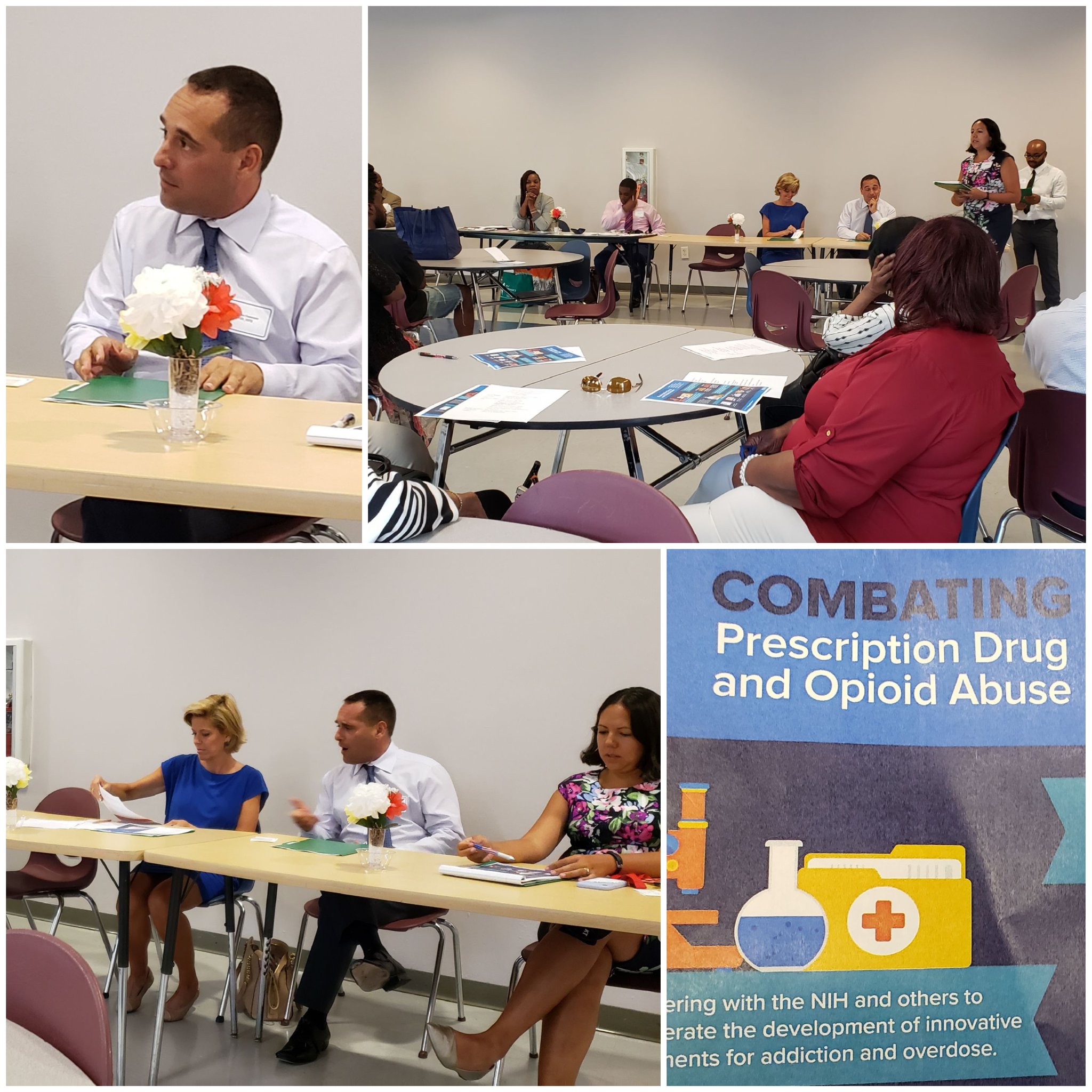Opioid Policies

Much like the rest of the United States, residents of the District of Columbia are struggling with substance use disorder (SUD) rate increases and high rates of opioid-related deaths. Unfortunately, these are multi-faceted issues that require year-long initiatives and systematic programs to address the myriad causes of addiction.
MSDC stands as a partner to the District government and private entities to help arrest the rates of opioid and substance abuse in the District. Through our advocacy for better prescribing practices, education on addiction, and even helping our own community through our Physician Health Program, MSDC is working to make DC a leader in reducing SUD, OUD, and addiction.
On a related note, MSDC is passionate about helping patients make prescriptions and medication more affordable. Whether expanding access to biosimilars or advocating for more affordable co-pays, MSDC wants to help our patients afford the medications they need.
MSDC Statement and Testimony on Opioid and Prescription Issues
25th Council information coming soon
Now That the X-Waiver is Gone, More Prescribers Can Provide Lifesaving Care
Content provided by MSDC Corporate Partner, The District Addiction Consultation Service (DACS). For more information from a physician perspective, see the AMA's website.
In 2021, the District of Columbia had the highest rate of drug overdose fatalities in the country. The age-adjusted rate of drug overdose deaths in DC was 86.9 per 100,000 population, more than 150% higher than the national rate of 34.3. Of these deaths, 66.8% had at least one potential opportunity for intervention. Opioids were involved in 81.9% of overdose deaths.
Healthcare practitioners play a critical role in reducing drug-related morbidity and mortality. Offering services for patients with substance use disorders or who use drugs in primary and specialty care settings can increase access to treatment, particularly for underserved and marginalized populations. Recent legislation has made it easier for all prescribers to provide life-saving treatment for opioid use disorder.
On December 29, 2022, President Biden signed the Consolidated Appropriations Act (CAA) 2023 that included the Medication Assisted Treatment (MAT) and Medication Access and Training Expansion (MATE) Acts. The bills were passed to expand access to and enhance substance use care across healthcare settings.
According to SAMHSA and the DEA:
- Effective immediately: The MAT Act removes the waiver requirement to prescribe buprenorphine for opioid use disorder. “All practitioners who have a current DEA registration that includes Schedule III authority, may now prescribe buprenorphine for Opioid Use Disorder in their practice if permitted by applicable state law and SAMHSA encourages them to do so.”
- Effective June 27, 2023: New or renewing DEA registrants will be required to have 8 hours of training on opioid or other substance use through an accredited source.
The removal of the x-waiver makes it easier for prescribers to provide life-saving treatment for opioid use disorder. The District Addiction Consultation Service (DACS) is monitoring and compiling guidance from state and federal agencies about these changes. DC prescribers can access the DACS team of addiction medicine experts for consultation, resources, and training to support in providing substance use services such as buprenorphine.
If you are hesitant to prescribe buprenorphine or have questions about substance use care, visit our website for more information and call 1-866-337-DACS with questions.
Data source: Centers for Disease Control and Prevention. State Unintentional Drug Overdose Reporting System (SUDORS). Atlanta, GA: US Department of Health and Human Services, CDC; [2023 March 16]. Access at: https://www.cdc.gov/drugoverdose/fatal/dashboard
Sample of Legislation MSDC Tracked on Opioid and Prescription Policy
What does it do? The bill authorizes licensed pahrmacists to dispense interchangeable biological products and requires notifications to physicians when such interchangeables are dispensed.
MSDC position: MSDC has a position of priority support on this legislation, identifying its passage as one of its highest legislative priorities.
Current status: SUCCESS. The bill was passed by the Council and signed by the Mayor.
What does it do? The bill requires prescription opioid medications to include a statement that the drug is an opioid and opioids may cause dependence, addiction, or overdoes.
MSDC position: MSDC supports the legislation.
Current status: The bill had a hearing before the Committee on Health on July 29, 2020. MSDC leader Dr. Sam Kareff testified for the Medical Society. It passed the Council on November 10 and was signed by the Mayor December 7.
What does it do? The bill prohibits insurance companies from factoring the use of PreP in decisions related to disability, life, or long-term care policies.
MSDC position: MSDC supports this legislation
Current status: The bill was introduced on January 8, 2019 and assigned to the Committee on Business and Economic Development.
